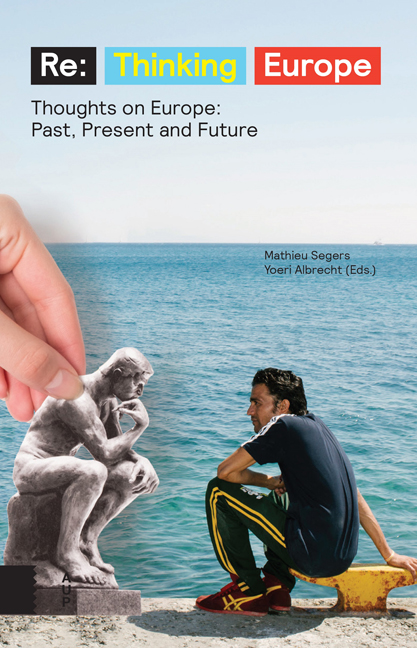European Unity and its Vicissitudes: Vienna, 21 November 1959
Published online by Cambridge University Press: 07 January 2021
Summary
Vienna, 21 November 1959
I
It is by now a melancholy commonplace that no century had seen so much remorseless and continued slaughter of human beings by one another as our own. Compared with it, even the wars of religion and the Napoleonic campaigns seem local and humane. I am not qualified to undertake a general examination of the causes of hatred and strife in our time. I should like to direct attention to only one aspect of this situation. We live in an age in which political ideas, conceived by fanatical thinkers, some of them very little regarded in their won day, have had a more violently revolutionary influence on the human lives than at any time since the seventeenth century. I should like to discuss one group of such ideas, by which our own lives have been profoundly affected both for good and evil.
Our ideas about the ends of life are, in one essential respect, unlike, and indeed opposed to, those of our forefathers, at least those prevalent before the second half of the eighteenth century. According to these the world was a single, intelligible whole. It consisted of certain stable ingredients, material and spiritual; if they were not stable they were not real. All men possessed certain unchanging characteristics in common, called human nature. And although there existed obvious differences between individuals, cultures, nations the similarities between them were more extensive and important. The most important common characteristic was considered to be the possession of the faculty called reason, which enabled its possessor to perceive the truth, both theoretical and practical. The truth, it was assumed, was equally visible to all rational minds everywhere. This common nature made it not only necessary, but also reasonable, for human beings to attempt to communicate with each other, and to try to persuade one another of the truth of what they believed in; and, in extreme cased, to inflict compulsion upon others, on the assumption (made, for example, by Sarastro in the great fable of the age of reason, Mozart's Magic Flute) that if men obeyed orders (or were, if all else failed, forced to obey) they would, as a result of this, perceive the validity of what their educators or legislators or masters themselves knew to be true; they would follow this, and be wise and good and happy.
- Type
- Chapter
- Information
- ReThinking Europe Thoughts on Europe: Past, Present and Future, pp. 37 - 52Publisher: Amsterdam University PressPrint publication year: 2016



